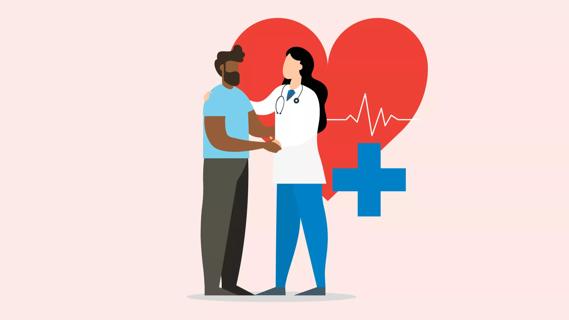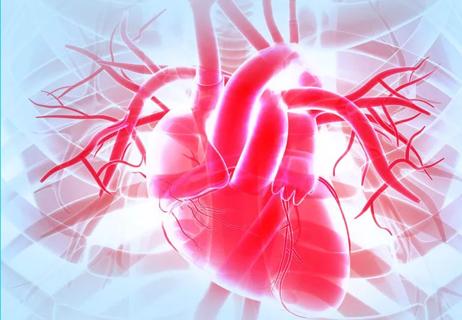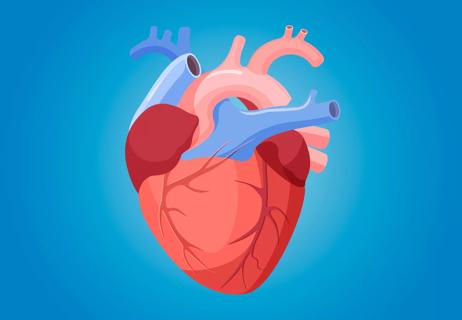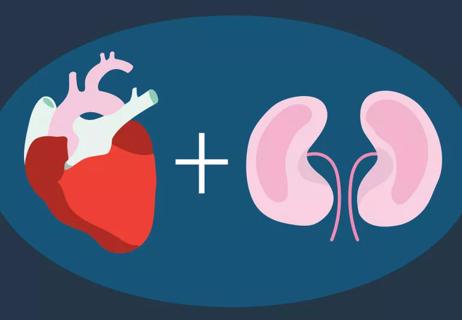What you need to know about BMI, fasting glucose, triglycerides and more

When it comes to your health, there are some numbers you should know by heart. Discover if your numbers are where they should be, and get tips for disease prevention and heart-healthy living in these infographics:
Advertisement
Cleveland Clinic is a non-profit academic medical center. Advertising on our site helps support our mission. We do not endorse non-Cleveland Clinic products or services. Policy
Low-density lipoprotein (LDL) cholesterol is a major cause of coronary heart disease. It’s the culprit behind most cholesterol buildup and arterial blockages in your body.
Find out if your LDL cholesterol level is where it should be.
Your BMI calculates your body fat, based on your height and weight. The higher your BMI, the greater your risks of heart disease, stroke, hypertension and diabetes.
Did you know that having an “apple” shape (where fat sits around your middle) is more risky for your heart than having a “pear” shape (where fat sits around your hips)? That’s why your waist circumference is important.
Find out if your waist circumference puts you at risk for heart disease and other problems.
Your waist-to-hip ratio is a measurement of the amount of fat you hold in your waist, hips and buttocks. You can calculate your WHR by using a tape measure. Your hip circumference should be taken at the widest part of your buttocks and your waist circumference should be taken at the smallest part of your mid-section just above the belly button. Divide your waist circumference by your hip circumference to get your WHR.
A healthy WHR for women is .80 or less and for men is .90 or less.
Advertisement
Many people don’t realize that triglycerides are not a type of cholesterol. But high levels of this blood fat are linked to coronary heart disease, especially in women.
Find out if your levels put you at risk and learn how to lower them.
Blood pressure often, but not always, rises as we age. High blood pressure (hypertension) is silent, but it raises risks of heart disease, stroke and other problems.
Find out what your numbers say about your heart disease risk and how to lower them.
When your body can’t make insulin or respond well to it, glucose builds up in your blood, damaging blood vessels and nerves. That’s why your doctor may recommend a fasting glucose test.
Find out what your fasting glucose level says about your risk for heart disease and stroke.
Advertisement

Sign up for our Health Essentials emails for expert guidance on nutrition, fitness, sleep, skin care and more.
Learn more about our editorial process.
Advertisement

It’s an emergency if the pain doesn’t go away, gets worse or you have other worrying symptoms

Age, sex and genetics are just a few factors that can affect your risk of developing coronary artery disease

Move a little more, eat a little healthier, sleep a little better and destress a lot

Having underweight, having overweight and having obesity can be dangerous for your heart

Avoid smoking, eat a good diet and exercise to prevent your heart from aging prematurely

Your life depends on this incredible organ doing its job 24/7

Unlock the secret of your body’s hardest-working organ

What's good for one is good for the other

Even small moments of time outdoors can help reduce stress, boost mood and restore a sense of calm

A correct prescription helps your eyes see clearly — but as natural changes occur, you may need stronger or different eyeglasses

Both are medical emergencies, but they are very distinct events with different causes